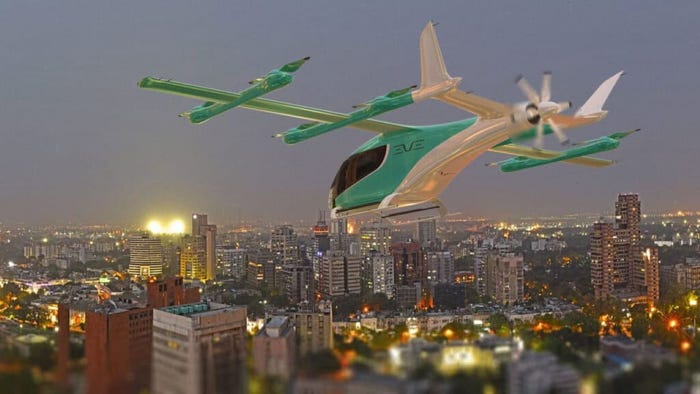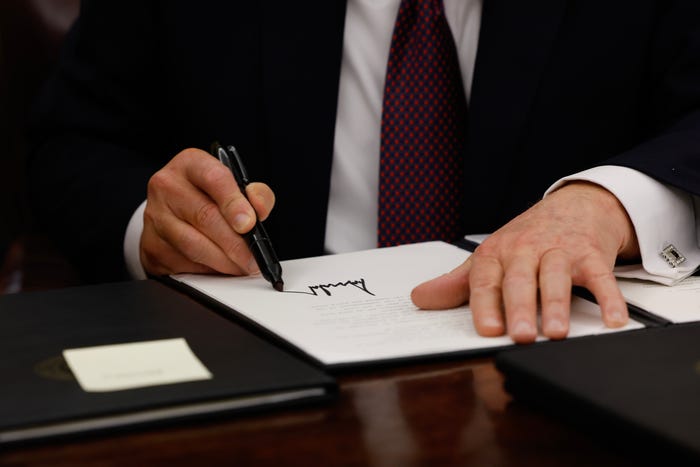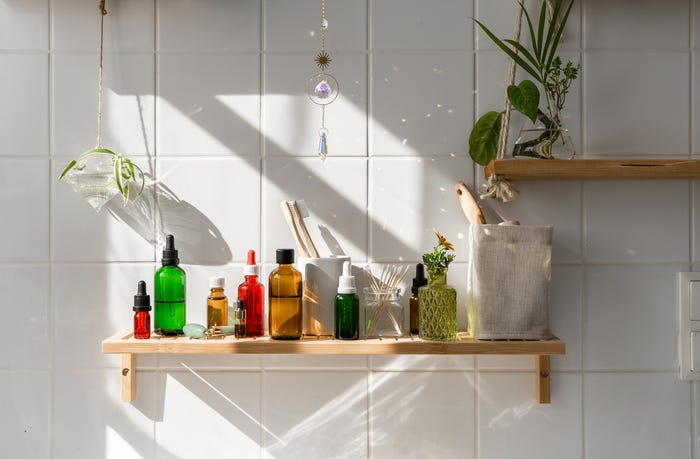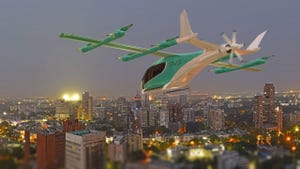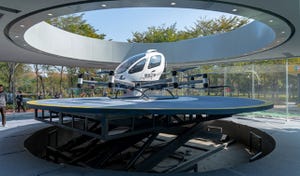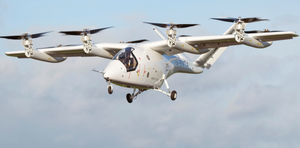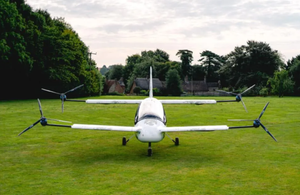Tesla Tests Self-Driving Taxi Service in San FranciscoTesla Tests Self-Driving Taxi Service in San Francisco
Elon Musk said he expects driverless Teslas to begin offering paid rides sometime next year.

Tesla is already testing a self-driving taxi service in San Francisco’s Bay Area.
The unexpected news was revealed by CEO Elon Musk in the company’s third quarter earnings call.
It followed a generally underwhelming response to the company’s recent We, Robot event, during which it unveiled its planned Robotaxi (also known as the Cybercab), but was widely criticised for failing to provide much in the way of detail regarding the vehicle or its future plans for ride-hailing operations.
Now more detail has been forthcoming.
Musk said: “We actually... we have for Tesla employees in the Bay Area, we already are offering ride-hailing capabilities. So, you can actually…with the development app, you can request a ride, and it will take you anywhere in the Bay Area.”
All the vehicles currently deployed feature a human safety driver behind the wheel, who can intervene and take over if anything goes wrong. Tesla currently does not have a permit for driverless testing in California and the current pilot of employee rides does not demand special licensing because staff are not considered passengers.
For more self-driving vehicle and other embedded tech news subscribe to our free newsletter!
Musk went on to claim: “We think that we'll be able to have driverless Teslas doing paid rides sometime next year.”
The vehicles currently deployed for employee rides are familiar Tesla models – rather than Cybercabs – running the company’s Full Self Driving tech, and driverless paid rides in them would require unsupervised FSD to get regulatory approval. However, Musk again sounded an optimistic note on this being achieved in Texas and California by 2025.
“I'd be shocked if we don’t get approved next year, but it’s just not something we totally control,” he said.
That approval could then pave the way for Tesla to ramp up production of the Cybercab, with Musk stressing that he is “confident” of it reaching “volume production” in 2026.
He added: “We’re aiming for at least two million units a year of Cybercab. That will be in more than one factory, but I think it's at least two million units a year, maybe four million ultimately.”
With Tesla stock dropping after the We, Robot event, Musk’s latest comments may be interpreted by some as a way of reassuring investors, and they seemed to have the desired effect, with the value of shares jumping after the call. That was despite Tesla reporting $25.18 billion in revenue at the end of the third quarter, missing Wall Street projections of $25.43 billion.
One other comment of interest from Musk was an admission for the first time that private owners of Teslas with older HW3 (hardware 3) tech rather than the newer HW4 may not be able to upgrade to unsupervised FSD once it is ready. Previously, Tesla has always told owners the software would be continually updated until full autonomy was realised.
Musk pledged: “If that turns out to be the case, we will upgrade those groups [who] bought Hardware 3, FSD for free.”
About the Author
You May Also Like


